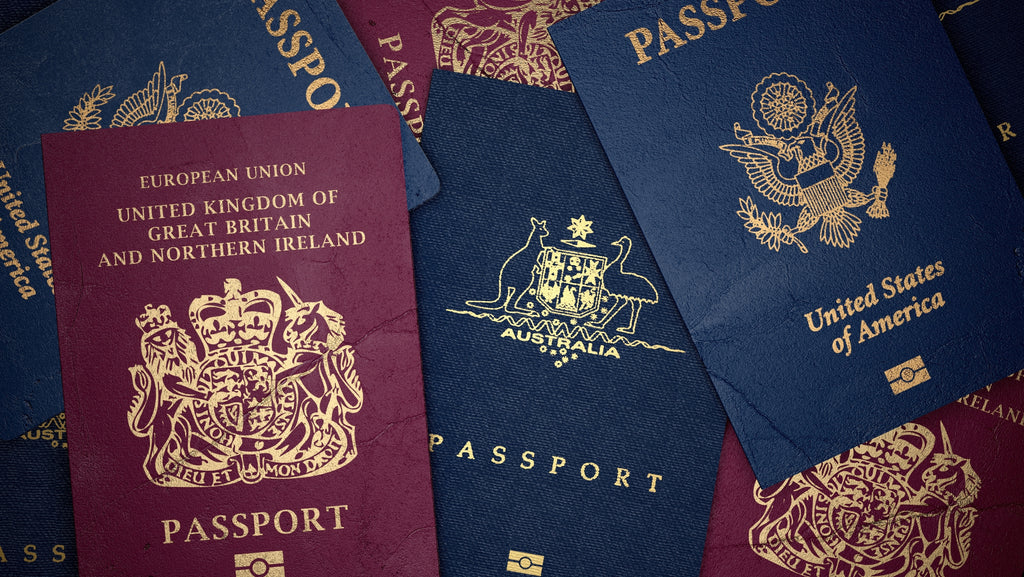Hello, savvy travelers! Let’s talk about something we all wish to avoid but need to be prepared for: emergencies. Whether it’s a lost passport, a medical mishap, or just figuring out how to ask for help in a language that sounds like your cat walking on a keyboard, we’ve got you covered.
1. Lost or Stolen Passport: Your Identity Lifeline
Keep Copies: Always have photocopies or digital copies of your passport. It’s like having a backup singer, just in case.
Report Immediately: Lost or stolen? Report it to the local police and your embassy ASAP. It’s like hitting the emergency brake on a train.
Embassy to the Rescue: Your embassy is your superhero here. They can guide you in getting a temporary passport. Remember, “embassy” is your magic word.

2. Medical Emergencies: Health Check on the Road
Travel Insurance is a Must: It’s like wearing a parachute when skydiving. You might not need it, but you’ll be glad it’s there.
Know Local Emergency Numbers: 911 might not work everywhere. Keep a list of local emergency numbers – it’s like having a cheat sheet for safety.
Carry a Basic First Aid Kit: Pack some essentials like band-aids, antiseptic wipes, and pain relievers. It’s like a mini-hospital in your bag.
3. Natural Disasters: When Mother Nature Gets Moody
Stay Informed: Keep an eye on local news and weather reports. Apps like ‘Emergency’ and ‘Global Emergency Overview’ can be lifesavers.
Know the Basics: Understand basic responses to different disasters – earthquakes, floods, hurricanes. It’s like learning the rules of a game, one where the prize is your safety.

4. Getting Help: Language Barriers and Beyond
Learn Basic Phrases: “Help,” “Emergency,” and “I need a doctor” are good starts. It’s like unlocking a level in a language game.
Use Technology: Translation apps can be your voice when you can’t find the words. They’re your digital Babel fish.
5. Cultural Sensitivity: Respecting Local Laws and Customs
Do Your Homework: Understanding local laws and customs can prevent legal issues. It’s like reading the rulebook before playing the game.
When in Doubt, Ask: Local advice can be invaluable. It’s like getting a hint in a complex puzzle.
Conclusion
Traveling is an adventure, but being prepared for emergencies ensures it’s a story with a happy ending. Remember, knowledge is power, especially when it comes to handling unexpected situations. So pack your common sense, keep this guide handy, and embark on your journey with confidence!






